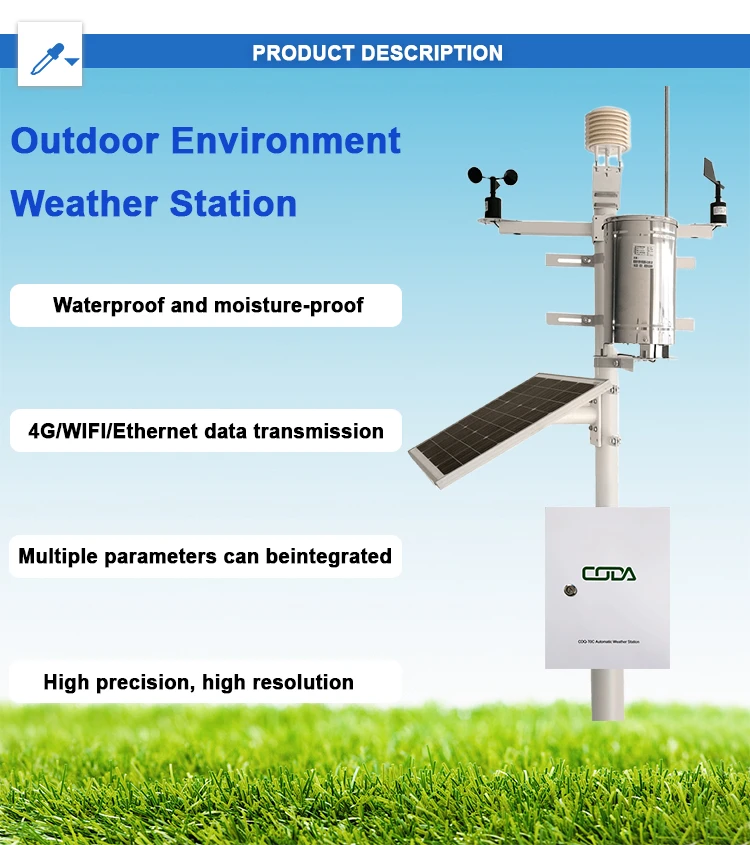
# The Pros and Cons of Automatic Weather Stations
## Introduction
Automatic Weather Stations (AWS) have revolutionized the way we collect and analyze meteorological data. These self-contained systems provide continuous weather monitoring without constant human intervention. While they offer numerous benefits, they also come with certain limitations that users should consider.
## Advantages of Automatic Weather Stations
### 1. Continuous Data Collection
AWS operate 24/7, providing uninterrupted weather data regardless of time or weather conditions. This continuous monitoring allows for:
– More comprehensive climate studies
– Better detection of sudden weather changes
– Improved forecasting accuracy
### 2. Remote Operation Capability
These stations can be installed in inaccessible or hazardous locations where manual observations would be difficult or dangerous, such as:
– Mountain tops
– Offshore platforms
– Volcanic areas
– Polar regions
### 3. High Precision Measurements
Modern AWS offer:
– Precise measurements to decimal places
– Consistent data collection methods
– Reduced human error in readings
### 4. Cost Efficiency Over Time
While initial setup costs can be significant, AWS prove economical in the long run by:
– Reducing labor costs
– Minimizing maintenance requirements
– Eliminating the need for frequent site visits
## Disadvantages of Automatic Weather Stations
### 1. High Initial Investment
Setting up an AWS requires substantial upfront costs for:
– Sophisticated sensors
– Data transmission equipment
– Installation and calibration
### 2. Maintenance Challenges
Despite being automated, AWS still require:
– Regular sensor calibration
– Power source maintenance
– Physical cleaning of components
– Software updates
### 3. Potential Data Gaps
Technical issues can lead to:
– Missing data during system failures
– Inaccuracies from sensor malfunctions
– Transmission interruptions
### 4. Limited Human Oversight
The automated nature means:
– Less opportunity for quality control checks
– Difficulty detecting subtle environmental changes
– Potential for undetected equipment issues
## Conclusion
Automatic Weather Stations represent a significant advancement in meteorological technology, offering unparalleled data collection capabilities. However, their effectiveness depends on proper installation, regular maintenance, and understanding their limitations. For many applications, the benefits outweigh the drawbacks, making AWS an essential tool in modern weather monitoring and climate research.